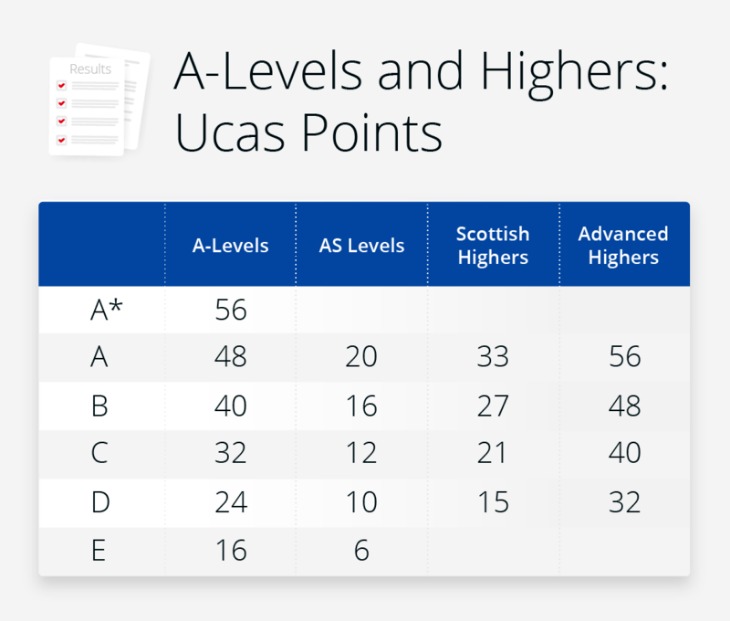The Cognitive Abilities Test (CogAT) is a pivotal tool for assessing a child’s reasoning capabilities across grades three to five. Tailored to provide insights into different aspects of cognitive development, these assessments require targeted preparation to ensure success. That’s where CogAT Practice Questions for Grade 3-5 prove indispensable in reinforcing understanding and boosting confidence.
The Importance of CogAT in Academic Development
CogAT evaluates three primary skill areas: verbal reasoning, quantitative reasoning, and non-verbal reasoning. Each category carries its own weight and intricacies, making comprehensive preparation vital. For students in grades three to five, these skills are formative, laying the groundwork for future academic endeavors.
Verbal Reasoning
This section focuses on a child’s ability to comprehend, analyze, and apply linguistic concepts. Practicing targeted questions helps improve vocabulary, sentence completion, and verbal classification, which are crucial for understanding subsequent complex topics.
Quantitative Reasoning
With questions centered on number puzzles and equations, this component tests a student’s aptitude for mathematical concepts. Utilizing CogAT Practice Questions for Grade 3-5 enhances familiarity with patterns and relationships, fostering strong analytical and problem-solving skills.
Non-Verbal Reasoning
This less language-dependent section assesses a student’s capability to interpret symbols and visualize spatial relationships. Practice questions offer the opportunity to engage with shapes and figures, promoting abstract thinking.
For parents and educators striving to provide students with the best preparatory resources, accessing exercises that cover all three batteries is essential. The right resources not only emphasize practice but also instill confidence and ease anxiety associated with testing environments.
To explore a collection of meticulously crafted practice questions tailored to this age group, visit CogAT Practice Questions for Grade 3-5. By investing in quality preparation, you ensure that young learners are ready to unlock their full potential.


